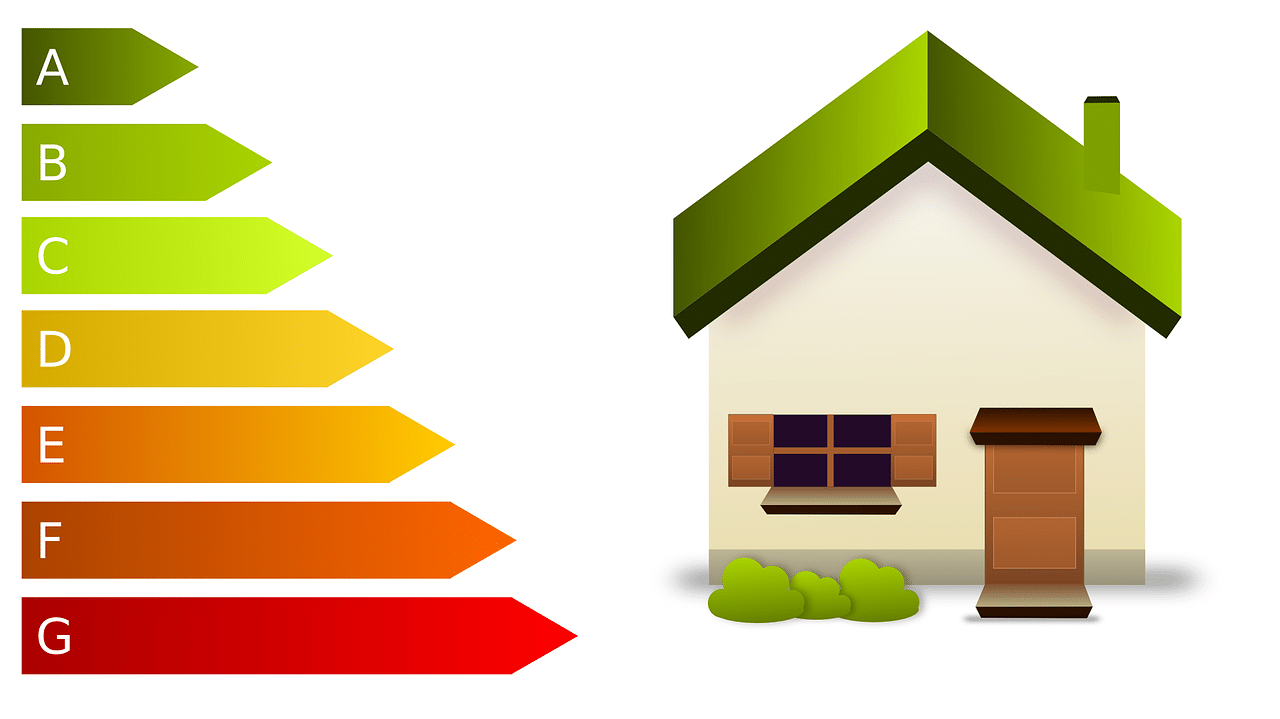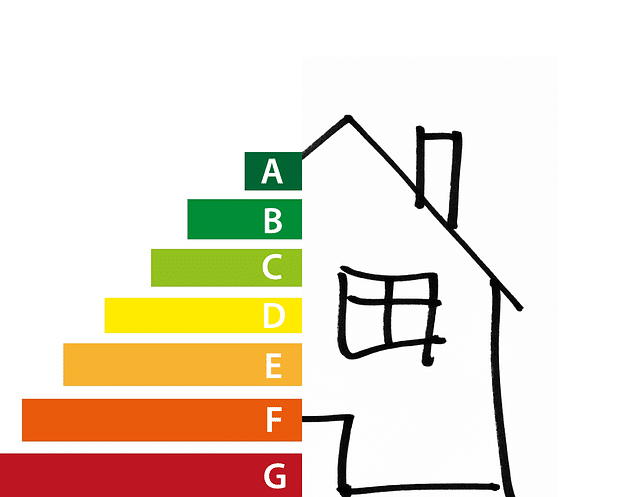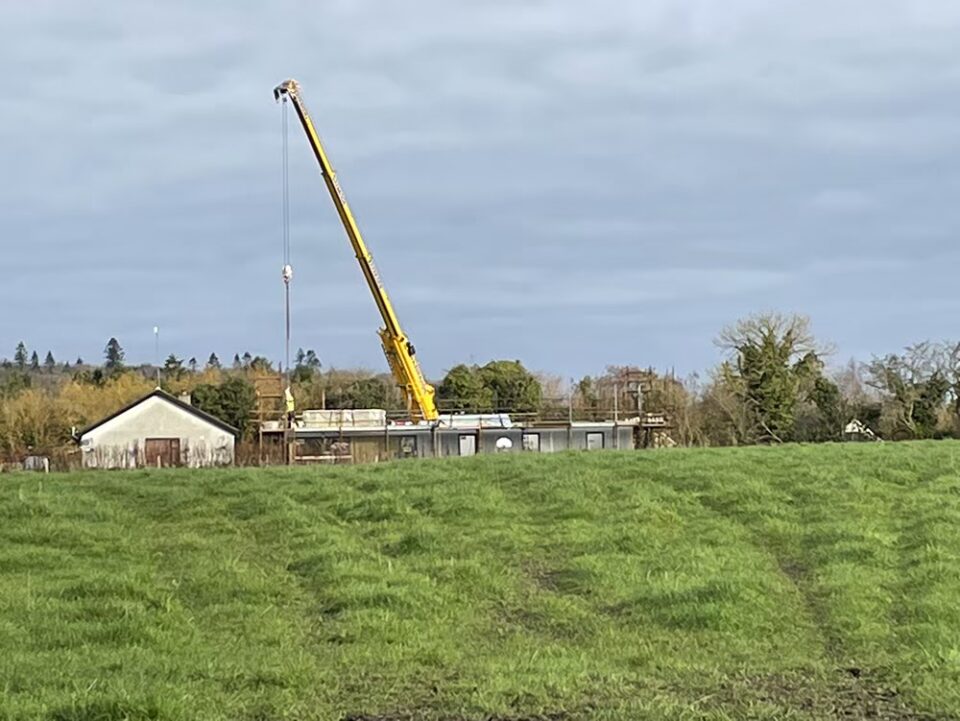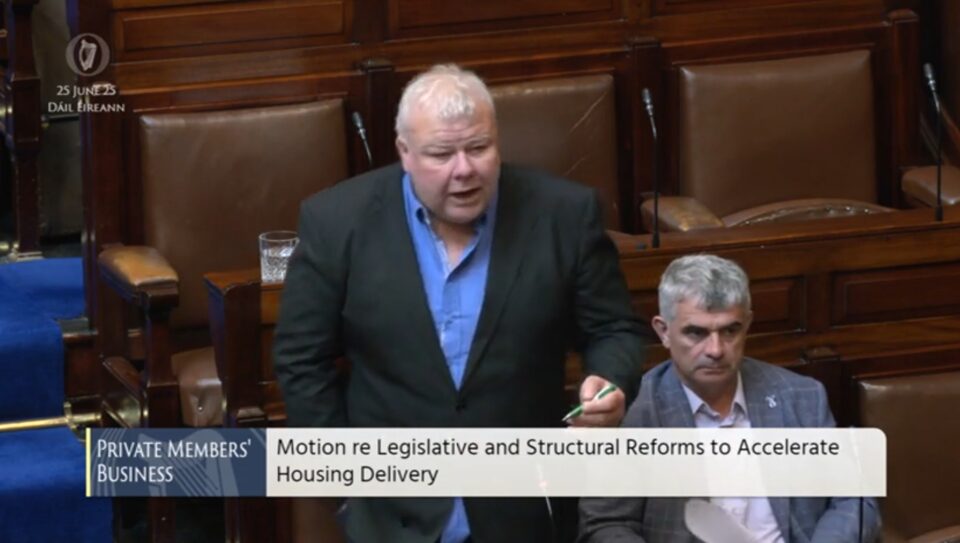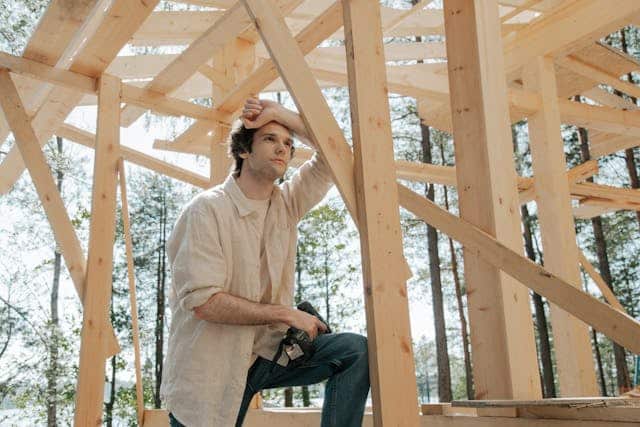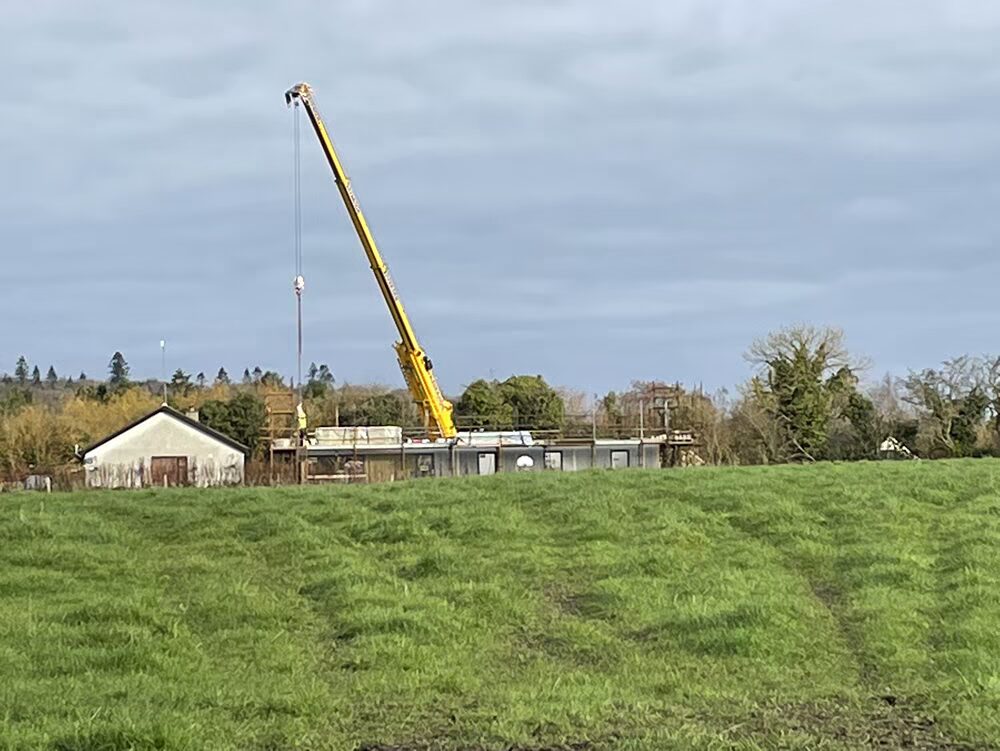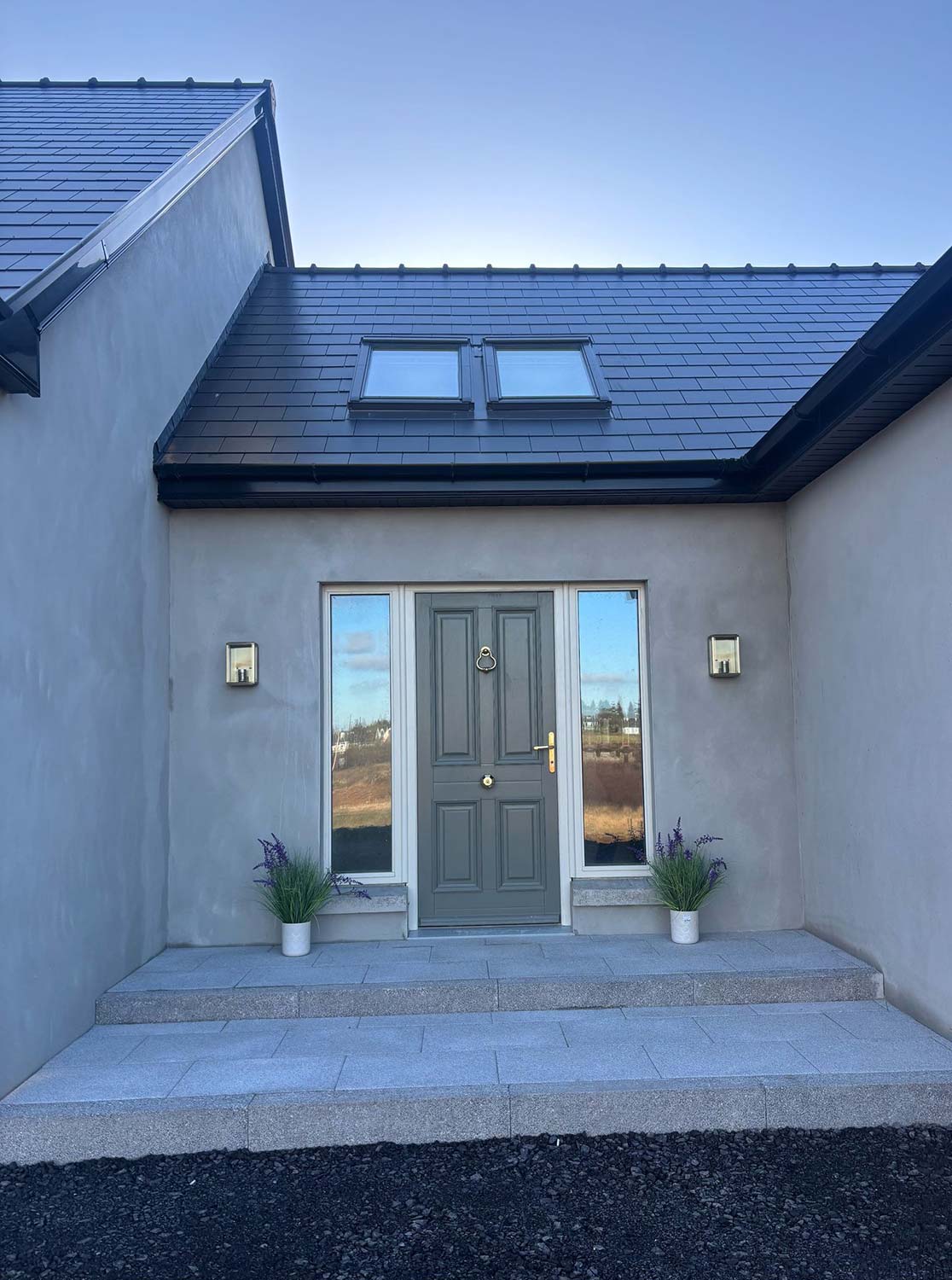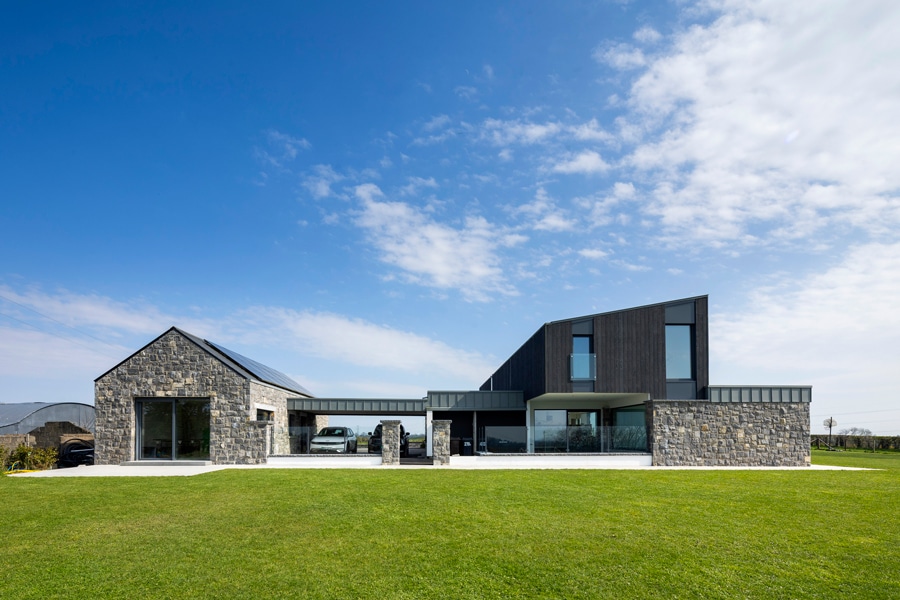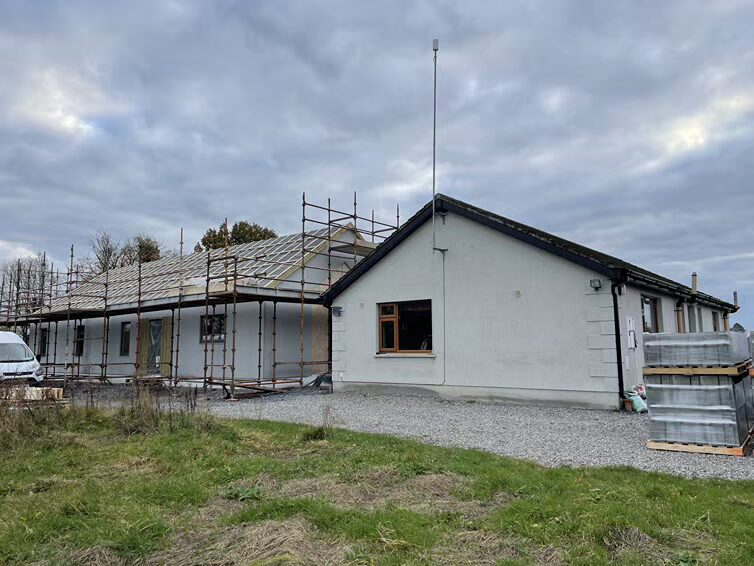In this article we cover:
- How much deep retrofits are costing nowadays and how long they take
- How long it takes to apply for a one stop shop (deep retrofit) grant
- Poor workmanship by grant-aided contractors
- How energy efficient Irish homes are today
- Statistics on all SEAI grant types
Despite a surge in applications and completed projects, the Sustainable Energy Authority of Ireland (SEAI) is struggling to keep up with the growing demand for energy upgrade grants.
Lengthy waiting times for approvals and project completions have become a major bottleneck, as highlighted in the SEAI’s 2023 annual report.
Nearly half of the projects required re-work before they could be certified by the SEAI.
Compounding these challenges, the Comptroller and Auditor General (C&AG) has found that ROI homes are far from energy efficient, with fewer than 20 per cent achieving the higher Building Energy Ratings (BER) in 2022.
This combined picture raises serious questions about the effectiveness of current initiatives and the ability to reach ambitious retrofit goals.
One Stop Shop service struggles
Launched in February 2022, the One Stop Shop service offers an integrated home energy upgrade solution, including windows and ventilation system.
However, despite an increase in service providers from 12 to 18 in 2023, the average application cycle time for private homes increased by 60 per cent from five months in 2022 to around eight months in 2023.

Fully Funded Energy Upgrade challenges
Speaking in the Dáil in June 2024, Minister for the Environment, Climate and Communications, Eamon Ryan explained how the scheme had significantly increased the complexity of home upgrades, raising the average cost from €2,600 in 2015 to over €25,800 in 2024.
Although these deeper retrofits take more time to complete, the average waiting time from application to project completion has shortened by 26 per cent, decreasing from 26 months in the previous year to 20 months in 2023.
The Minister attributed the decrease in waiting times to several measures implemented by his Department and SEAI, including:
- a substantial increase in budgets and budget certainty
- additional staffing resources in SEAI
- efforts to tackle supply chain challenges
The Minister also mentioned that SEAI set up a new contractor panel in September 2023, resulting in more contractors participating in the scheme.
Individual Energy Upgrade grants
Waiting times for these grants remained steady in 2023 at five months from the letter of grant offer to payment – unchanged from the previous year.
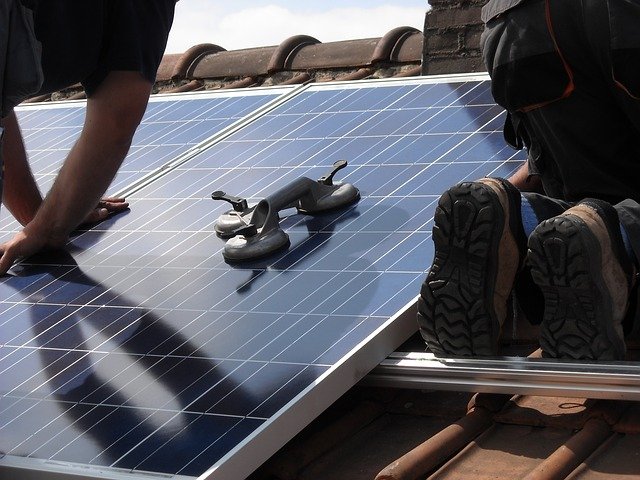
C&AG reports retrofit challenges
The C&AG report provides a stark assessment of ROI housing stock’s energy efficiency. By the end of 2022, only 39 per cent of the housing stock (827,634 homes) had a valid energy efficiency (BER) rating, and fewer than 20 per cent had scores of B2 or above.
The report questioned SEAI’s ability to meet its ambitious target of retrofitting 65,000 properties to a BER B2 standard by the end of 2025.
The C&AG report also identified significant issues with the standard of retrofitting work. In particular, the initial pass rate for inspected works was low, with only 45 per cent passing in one scheme and 54 per cent in the other.
Nearly half of the projects required re-work before they could be certified by the SEAI, raising concerns about the overall quality of retrofitting efforts.
The C&AG recommended adopting a system of random inspections to complement the existing risk-based approach, ensuring more comprehensive quality control.
To be eligible for a grant ROI homeowners must choose from SEAI’s list of around 1,500 approved contractors. This list fluctuates due to new registrations, deregistrations, and drop-offs. Since 2017, SEAI has conducted on-site inspections of these contractors’ work.
To address progress issues the SEAI shifted its approach from merely assessing contractor performance to actively helping them improve their skills.
Since early 2022, the SEAI has focused on supporting contractors through a new model emphasising collaboration and support. This includes mandatory online induction training for new or returning contractors, free quality management training, and various quality interventions like technical bulletins and performance audits. The goal is to enhance contractor performance rather than just deregistering underperformers.
The SEAI’s Quarterly Progress Report for 2023 highlights that the main challenges to meeting the 2025 and 2030 targets are ensuring there are enough skilled workers for home energy upgrades and dealing with construction sector inflation and supply chain issues.
The National Retrofit Plan aims to upgrade 500,000 homes to a Building Energy Rating of B2 and install 400,000 heat pumps by 2030. So far, 132,721 homes have received upgrades and of this 36,115 were to a B2 level.
SEAI grants 2023 key outcomes:
- Applications processed: Over 67,400, up 35 per cent year on year.
- Capital expenditure: €319.6 million, up 70 per cent year on year.
- Home energy upgrades: Over 47,900, up 76 per cent year on year.
- BER B2 upgrades: Over 17,600, up 108 per cent year on year.
- One Stop Shop Scheme upgrades: 672 private homes supported, up 106 per cent year on year.
- Fully Funded Energy Upgrades (formerly Warmer Homes Scheme): Almost 5,900, up 33 per cent year on year.
The SEAI full report is below:

